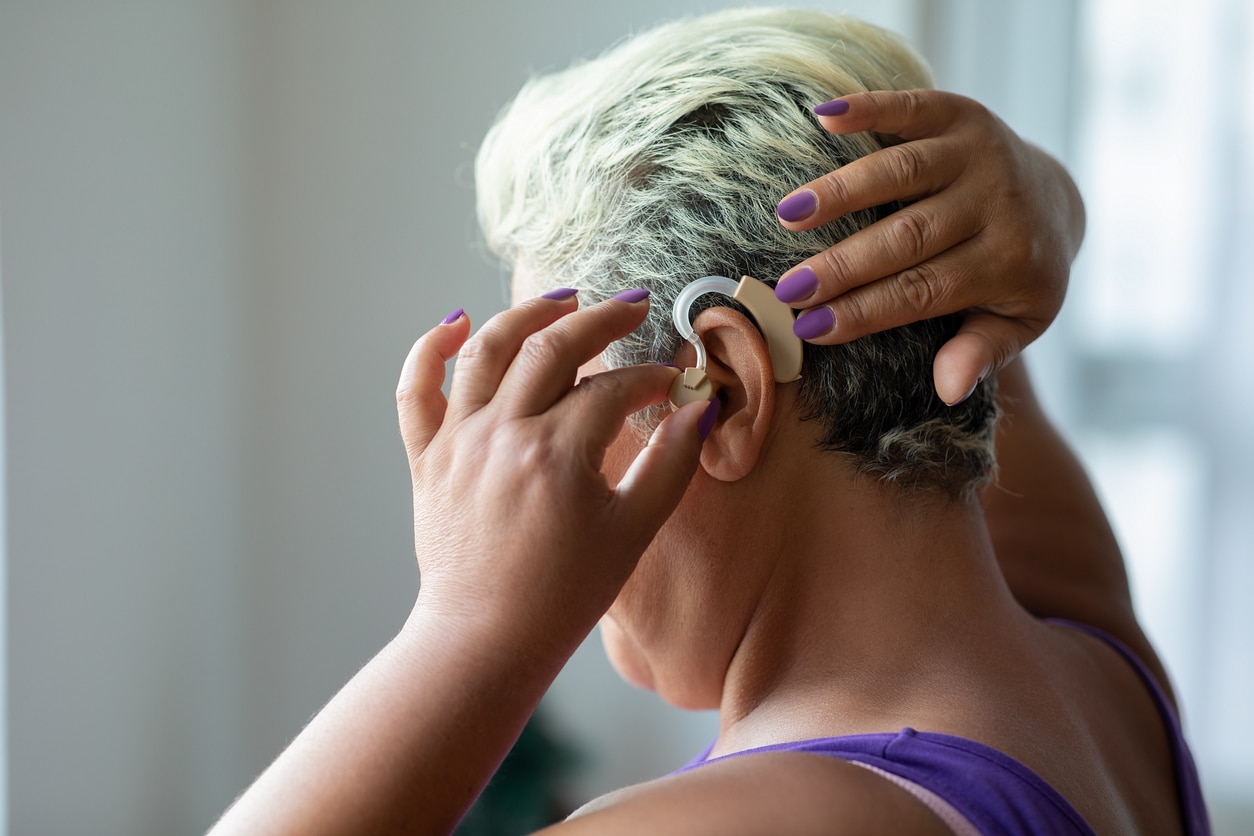Minimizing moisture damage to your electronic devices, including hearing aids, improves function and longevity. You may have wondered when it’s appropriate to dry your hearing aids and how to do so properly.
If you got rained on your last time in Memorial Park, you might consider some of these tactics to dry them out for their protection.
When Should I Dry My Hearing Aids

Keeping your hearing aids dry is a core component of extending the life of your hearing aids. Consider drying your hearing aids in various scenarios; it’s a good idea to keep them dry whenever possible.
When to dry hearing aids:
- If you exercised or became sweaty while wearing the hearing aids
- If you’re visiting or live in a humid area
- If you got caught in the rain or accidentally wore them in the shower
Water itself isn’t what will damage the hearing aids. The impurities in the water will eventually corrode parts of the hearing aids, leading to dysfunction or loss of power.
How to Dry My Hearing Aids
There are a few effective ways to dry your hearing aids. The easiest way is to lay them out on a dry cloth or piece of paper within six feet of a fan. It’s recommended to do this in a dry room, such as a bedroom, as opposed to the bathroom, to avoid additional exposure to humidity.
There are other methods you can use to dry your hearing aids as well.
Ways to dry your hearing aids:
- Place them in a commercial desiccant (drying pellets) or uncooked white rice when unavailable.
- Use a hearing aid drying box. These boxes are the size of a jewelry box and are as simple to use as placing them inside and hitting start.
- Hearing aid sleeves are also options for protecting your hearing aids during physical activity.
About 28.8 million U.S. adults could benefit from the use of hearing aids. If you have questions about whether they are right for you or to schedule a hearing test, contact Amarillo Hearing Clinic to schedule an appointment.
